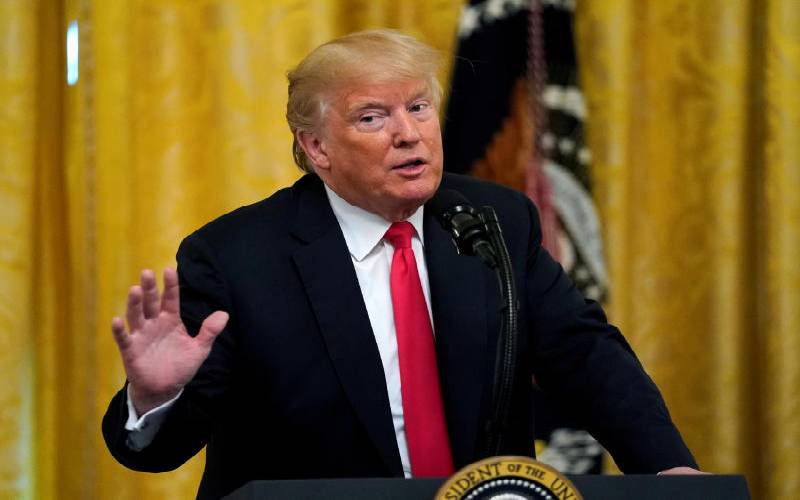×
The Standard e-Paper
Stay Informed, Even Offline
 Early May, a video of two lions that had rounded up a deer circulated on social media. As the lions began tearing into their victim, they fought over who should have a bigger chunk of the catch. This saw them lose the deer.
Early May, a video of two lions that had rounded up a deer circulated on social media. As the lions began tearing into their victim, they fought over who should have a bigger chunk of the catch. This saw them lose the deer.
Africa, caught in the clutches of the US and the shrewd Chinese, might as well be that deer. On his inauguration day, President Donald Trump spelled his economic policy that it will be America first.